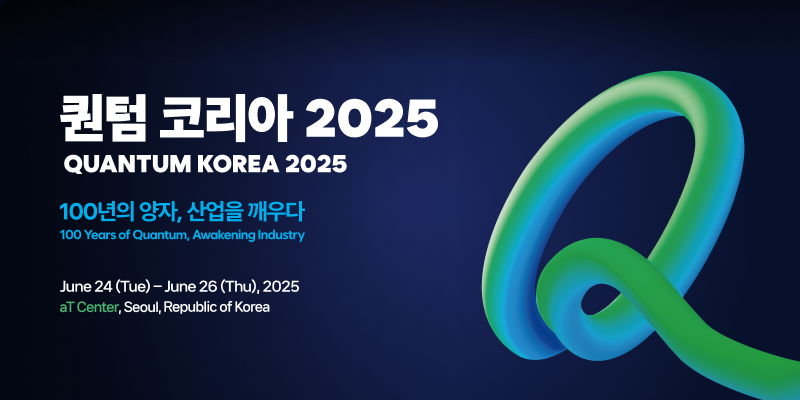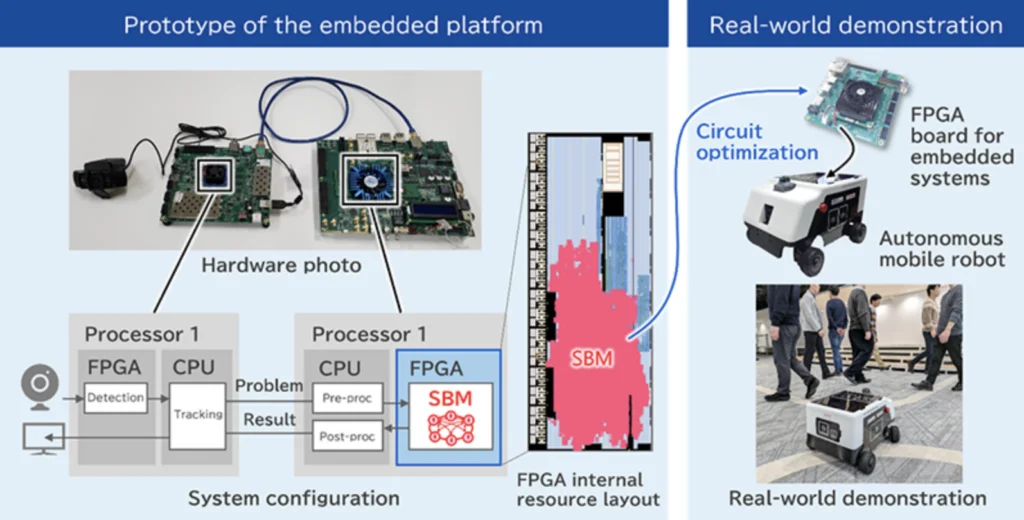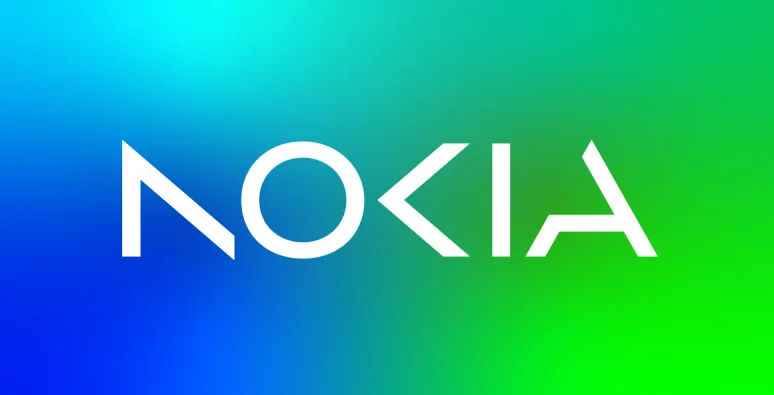Insider Brief:
- Quantum Korea 2025 brings together global researchers, policymakers, and industry leaders to accelerate the transition from foundational quantum science to industrial application, with keynotes, exhibitions, and cross-border collaboration over three days in Seoul.
- The event highlights South Korea’s unique model of ecosystem coordination, featuring sessions on quantum computing, sensing, communication, and policy, alongside business networking and public engagement initiatives.
- South Korea reinforced its long-term commitment through recent announcements, including verifying 1,000 industry use cases, training 10,000 workers, and advancing a ₩3 trillion national strategy to build sovereign quantum infrastructure by 2035.
- The Quantum Insider will be on-site to document South Korea’s integrated quantum strategy, engage with public and private stakeholders, and connect international insight with industrial execution in real time.
This month, Seoul becomes the epicenter of global quantum momentum as it hosts Quantum Korea 2025, an international gathering of researchers, government leaders, industry pioneers, and institutions committed to the future of quantum science and technology. With the theme “100 Years of Quantum, Awakening Industry,” the event is intended to embody the move from foundational physics to practical deployment.
Quantum Korea 2025 is a coordinated national statement. Taking place from June 24–26 at the aT Center in Gangnam, and organized by South Korea’s Ministry of Science and ICT, the event aligns with the UN-declared International Year of Quantum Science and Technology and reflects the country’s broader ambition to lead in quantum industrialization.
From Theory to Market
Quantum Korea is designed to showcase the scientific promise of quantum tehcnology as well as its industrial future. The program features keynote addresses from global figures such as Dr. Celia Merzbacher, Executive Director of QED-C; Prof. Oskar Painter, Director of Quantum Hardware at AWS; and Prof. Eun-Ah Kim of Cornell University—each representing a different axis of quantum’s evolution: policy, hardware, and theory.

Across three days, participants will engage in industry sessions, academic panels, public lectures, and an international exhibition highlighting commercial products, startups, national strategies, and cross-border collaborations. The event includes a Quantum Business Networking Night, as well as exclusive policy-focused roundtables between Korea and nations such as Switzerland, Finland, and the Netherlands.
Notable sessions span topics such as:
- Quantum Computing: From Prototype to Utility-Scale
- Quantum Key Distribution and Network Scaling
- Quantum Materials and Sensing Applications
- Societal and Governance Implications (OECD Open Workshop)
This convergence of public, private, and academic actors under one roof is necessary to both demonstrate and encourage that the success of quantum technology cannot be built in isolation. Rather, it will be influenced through shared infrastructure, policy alignment, and narrative cohesion.
A Country Investing in Ecosystem-Scale Progress
South Korea’s commitment to quantum is structural. The country has paired long-term strategic planning with agile, industry-focused execution.
The event follows the June 18 Quantum Technology Industrialization Forum, hosted by the Ministry of Trade, Industry and Energy, over 100 researchers, founders, and policymakers convened in Seoul to assess progress and accelerate deployment. The agenda centered around the need to move quantum technologies out of elite labs and into industrial settings, company roadmaps, and public life.
Among the newly proposed national priorities were:
- Verifying 1,000 use cases of quantum technology across key industries
- Developing quantum platforms tailored to ten major sectors
- Training 10,000 skilled workers through site-based, practical programs
“Commercialization of quantum technology should start from the possibility of using it in industrial sites,” said Oh Seung-cheol, Director of the Ministry’s Industrial Infrastructure Division.
These efforts build on a broader national quantum strategy, first formalized in mid-2023 by the Ministry of Science and ICT. That plan laid the groundwork for Korea’s vision to become active in the global quantum economy by 2035 through a ₩3 trillion (approximately $2.3 billion) coordinated investment. South Korea’s roadmap spans infrastructure, education, cybersecurity, commercialization, and global cooperation.
Its seven pillars include:
- Development of a 1,000-qubit universal quantum computer using superconducting architecture
- Deployment of a 100 km-scale intercity quantum network and next-generation quantum sensors
- Training 2,500 core experts and 10,000 quantum-skilled professionals
- Supporting the formation of 1,200 quantum companies with startup grants and innovation zones
- Transitioning to post-quantum cryptography through sovereign Korean encryption standards
- Expanding international R&D cooperation with dedicated global centers and exchange programs
- Enacting a new “Act on Nurturing Quantum Science, Technology, and Industry” to ensure policy continuity
This strategy was directly informed by a January 2025 roundtable between President Yoon Suk-yeol and leading researchers at ETH Zurich, which establisjed Korea’s move from fragmented research efforts to a unified, industrially relevant roadmap.
As MSIT Minister Lee Jong-ho noted at the time of the strategy’s release:
“Although South Korea entered the field of quantum science and technology relatively late, there is still a golden opportunity. South Korea will solidify its foundation to make a significant leap as a central country in the global quantum economy.”
Strategy Meets Execution
With participation from organizations such as KAIST, KRISS, KIST, SKT, AWS, QED-C, and others, Quantum Korea 2025 reflects a rare degree of ecosystem orchestration. It exemplifies how strategic investments, global partnerships, and intentional communication can accelerate a field once thought to be perpetually 10 years away.
The Quantum Insider is attending Quantum Korea 2025 to capture the important discussions, collaborations, and nuances, as well as to bring together insight and industry, vision and execution. By engaging directly on-site, we will have the opportunity to capture the depth of Korea’s national strategy as well as the connections with emerging startups and public stakeholders.















